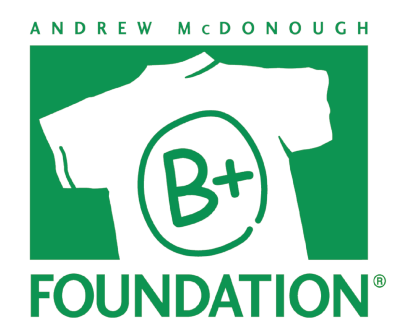Preclinical Development of Novel Immunotherapies for Pediatric Acute Myeloid Leukemia (AML)
Children’s Hospital of Philadelphia, Philadelphia, PA
Many children with acute myeloid leukemia (AML) are resistant to chemotherapy and/or will relapse. New treatments are needed to improve outcomes for these patients. We are testing new “killer T cell” immunotherapies in specialized pediatric AML mouse models with the goal of rapid translation into clinical trial testing for children with relapsed/refractory AML. We hypothesize that creation of an armamentarium of chimeric antigen receptor (CAR)-engineered T cell immunotherapies is necessary to improve cure rates substantially given the underlying biologic and genetic heterogeneity of childhood AML. Our first laboratory studies testing a new CAR T cell therapy in our AML mouse models have directly informed the development of two soon-to-open clinical trials at Penn and CHOP that will test the effectiveness of this immunotherapy in adults and children with relapsed AML.

